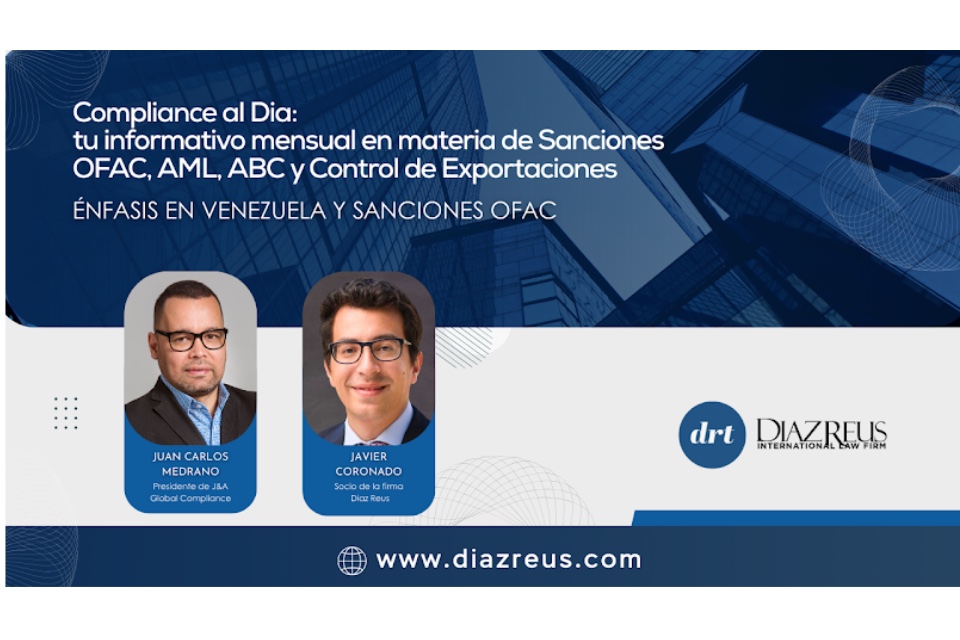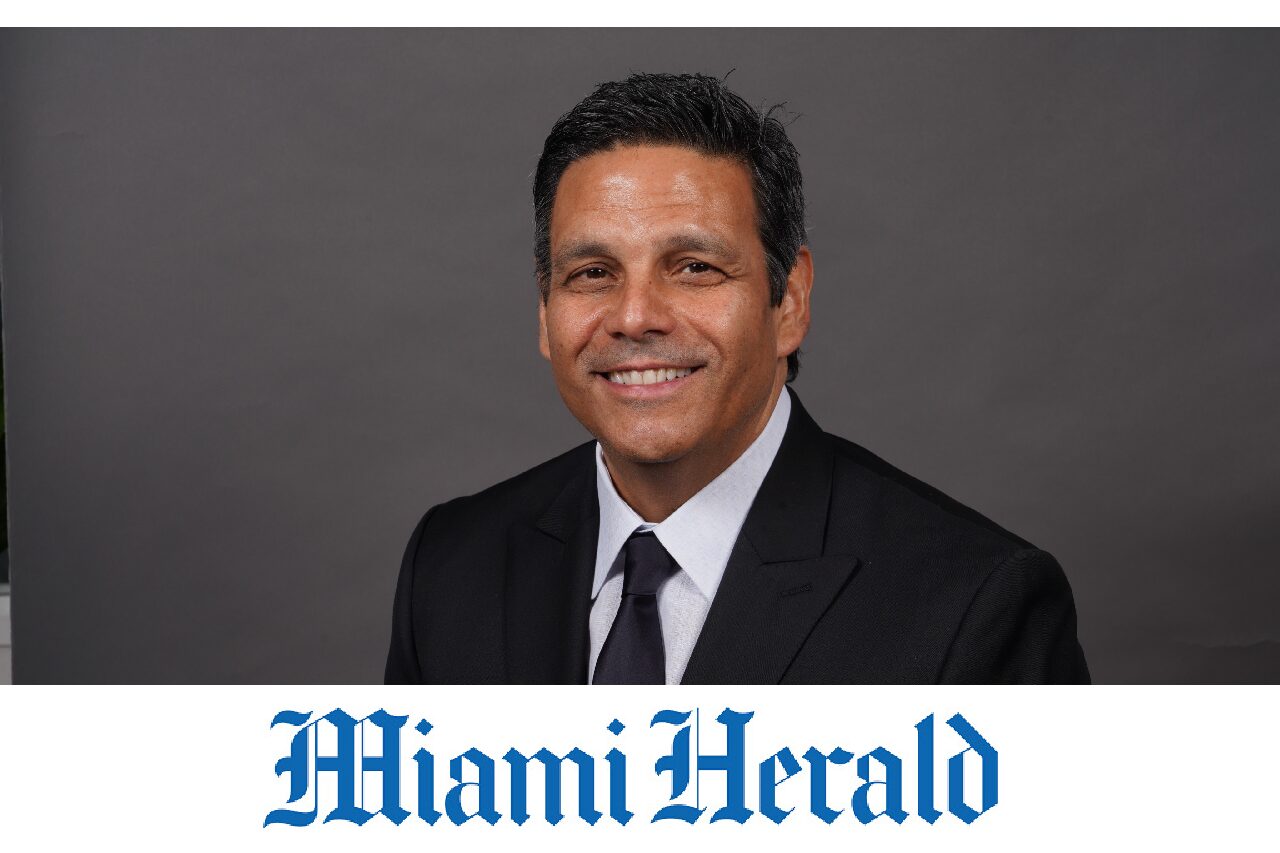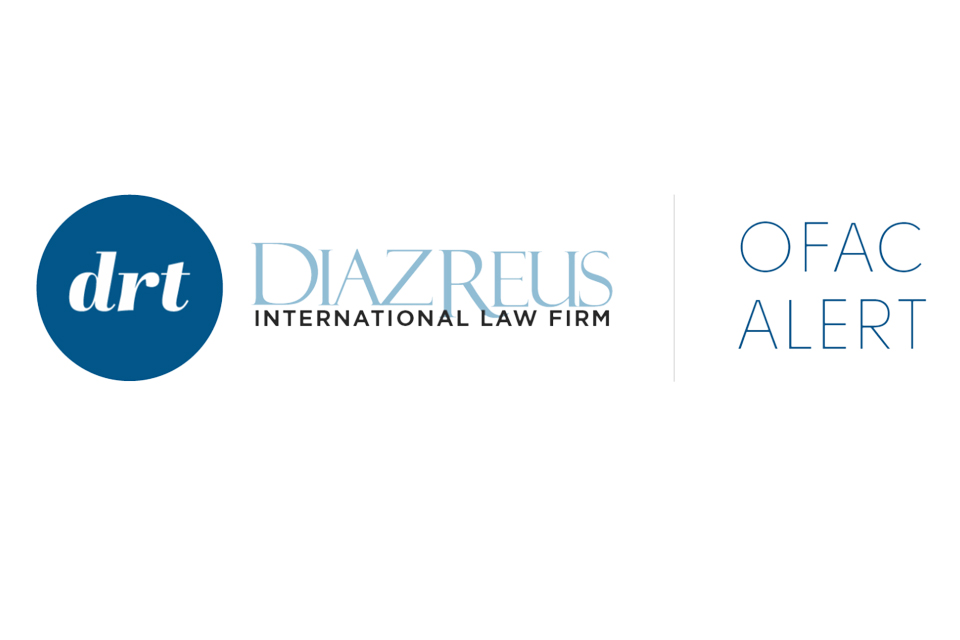By Michael Diaz, Jr. and Javier Coronado. With special thanks to Isabela Hernández-Peredo and Gábor Gazsó von Klingspor.
General context, key principles and hot topics
1 Identify the highest-profile corporate investigation under way in your country, describing and commenting on its most noteworthy aspects.
Nodus International Bank, a Puerto Rican bank, has been at the centre of a high-profile criminal investigation involving the Department of Justice (DOJ), various federal agencies and Puerto Rican regulators. Nodus entered a liquidation plan under the supervision of Puerto Rico’s Commissioner of Financial Institutions Office (OCIF). The bank agreed to cease operations and use its licence solely for liquidating its assets and returning depositors’ money. In March 2023, however, OCIF discovered that Nodus had made insider payments to directors, shareholders and affiliated individuals and companies, rather than adhering to the liquidation plan.
The ongoing criminal investigation has led to the freezing of approximately US$80 million in assets located in Miami, Puerto Rico and several Latin American countries. Nodus is also facing multiple lawsuits in the United States from account holders who have lost access to their funds due to the bank’s wrongful diversion of payments in violation of the liquidation plan. Many affected account holders had entrusted their money to Nodus, believing it would be safer in an international bank than in a local financial institution.
The situation could deteriorate further because the bank’s accounts are not covered by the Federal Deposit Insurance Corporation because it operated as an international banking entity in Puerto Rico, thus excluding it from US federal insurance. Additionally, this is not the first time Nodus may have run afoul of US law. On 18 October 2022, the Office of Foreign Assets Control (OFAC) issued a finding of violation, concluding that Nodus violated US sanctions relating to Venezuela by knowingly transacting with blocked funds without an OFAC licence and failing to maintain relevant records for these transactions.
2 Outline the legal framework for corporate liability in your country.
A state or federal statute will typically provide the legal basis for authorities to investigate and prosecute a corporation, as well as the way in which a corporation’s criminal liability should be determined. Additionally, under the common law doctrine of respondeat superior, a corporation may be held liable based on the actions of its directors, officers, employees or other agents if those actions were within the scope of the agents’ duties and benefited or sought to benefit the corporation.
According to the DOJ’s ‘Principles of Federal Prosecution of Business Organizations’, there are 11 factors that federal prosecutors should consider in deciding whether to criminally charge a corporation:
the nature and seriousness of the offence;
the pervasiveness of wrongdoing within the corporation;
the corporation’s history of similar misconduct;
the corporation’s willingness to cooperate;
the adequacy and effectiveness of the corporation’s compliance programme at the time of the offence, as well as at the time of a charging or resolution decision;
the corporation’s timely and voluntary disclosure of wrongdoing;
the corporation’s remedial actions;
collateral consequences;
the adequacy of remedies, such as civil or regulatory enforcement actions;
the adequacy of the prosecution of individuals responsible for the corporation’s malfeasance; and
the interest of any victims.














